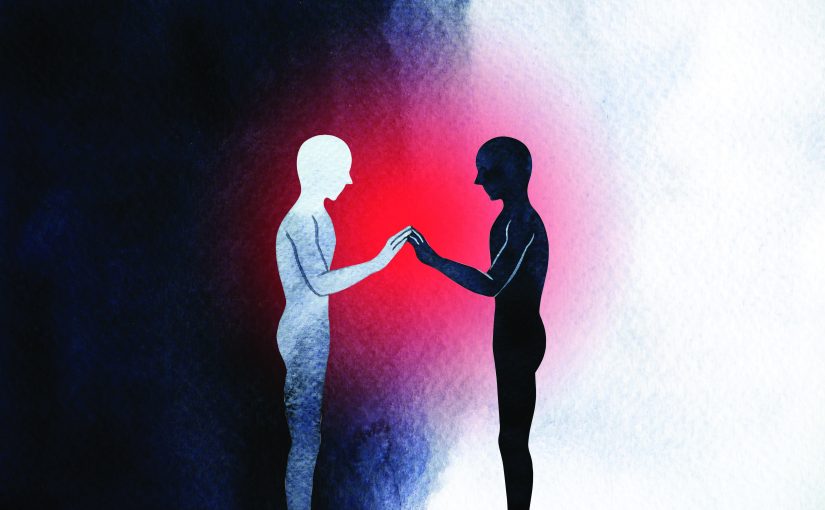
Share
Programs pairing police with mental health professionals to respond to calls involving persons in mental health crises are becoming widespread. Police and clinicians handle some crises better together...
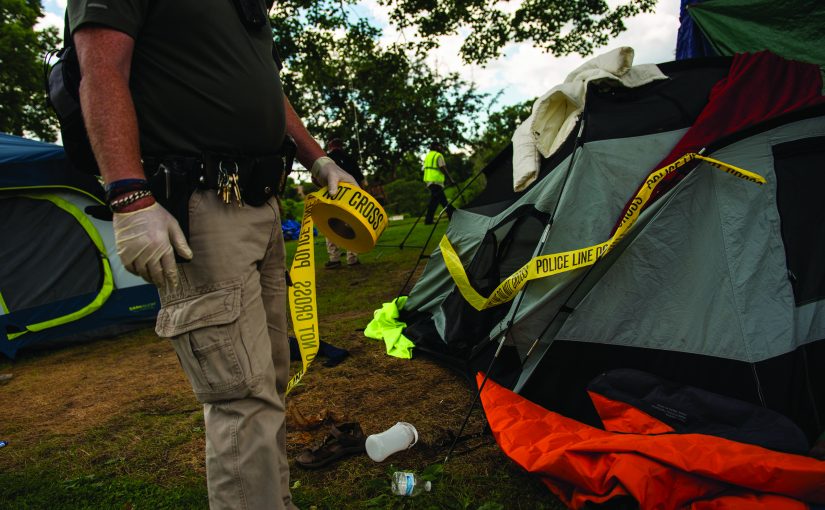
Share
Autism. Williams syndrome. Alzheimer’s. Schizophrenia. These terms are often scary to any neurotypical police officer or layperson who has never personally encountered a person with one or more of t...
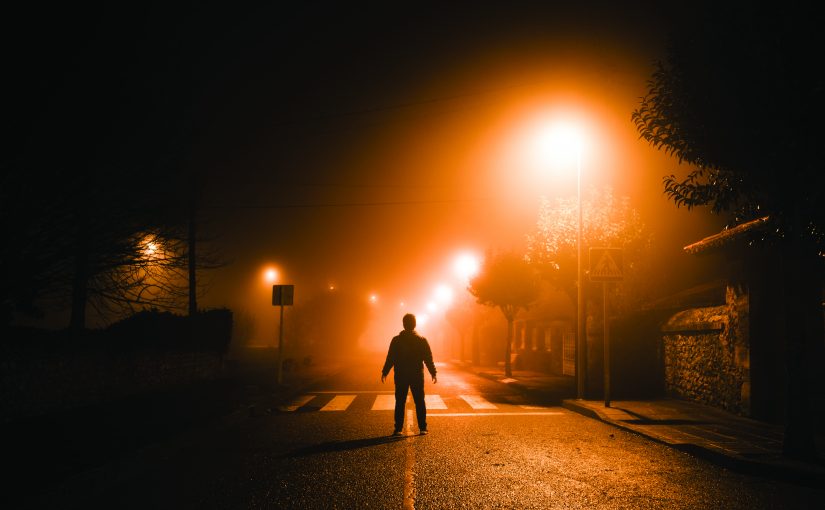
Share
In 1999, I was a young patrol sergeant working in a new division. Late one evening, I responded to a supervisor request on a domestic violence call in which the suspect attempted to stab his wife with...
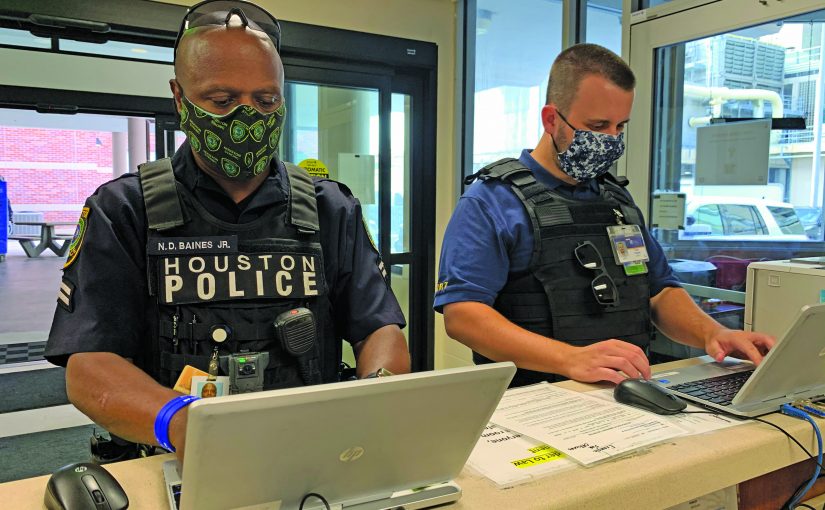
Share
Like many police agencies, the Houston, Texas, Police Department (HPD) has seen an increase in public demands over the past several years in responding to those individuals exhibiting a mental illnes...
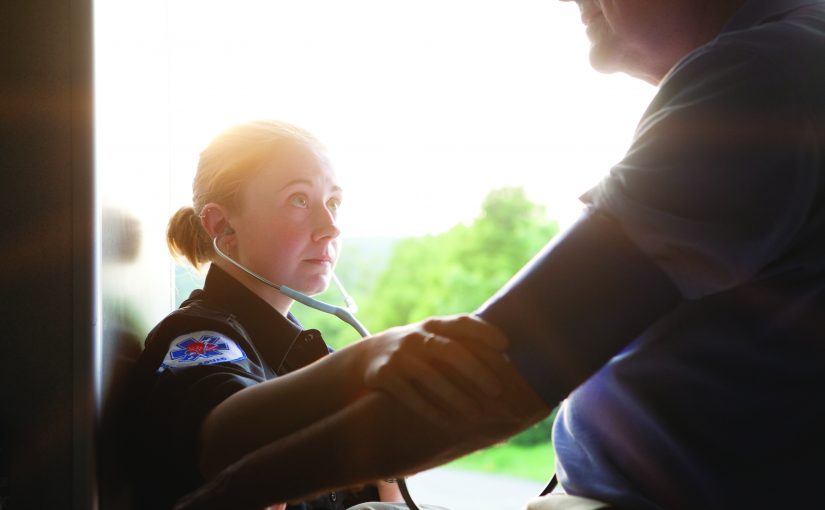
Share
On October 31, 1963, U.S. President John F. Kennedy signed a bill meant to free many thousands of people with mental illnesses from life in institutions. It envisioned building 1,500 outpatient mental...
Share
Nearly everyone who has been in law enforcement for any length of time has known someone in the profession who committed suicide or had other issues related to mental health. According to Bluehelp.org...
Share
Peer support is an important component of mental wellness services, including suicide prevention, for police officers. Many agencies have established formal peer support teams in their organizations w...
Share
Just imagine your phone rings at 4:11 a.m. on a warm June night in 2010. As a chief of police, you are expecting it to be a phone call about a homicide or a traffic fatality, but when you answer, the ...



